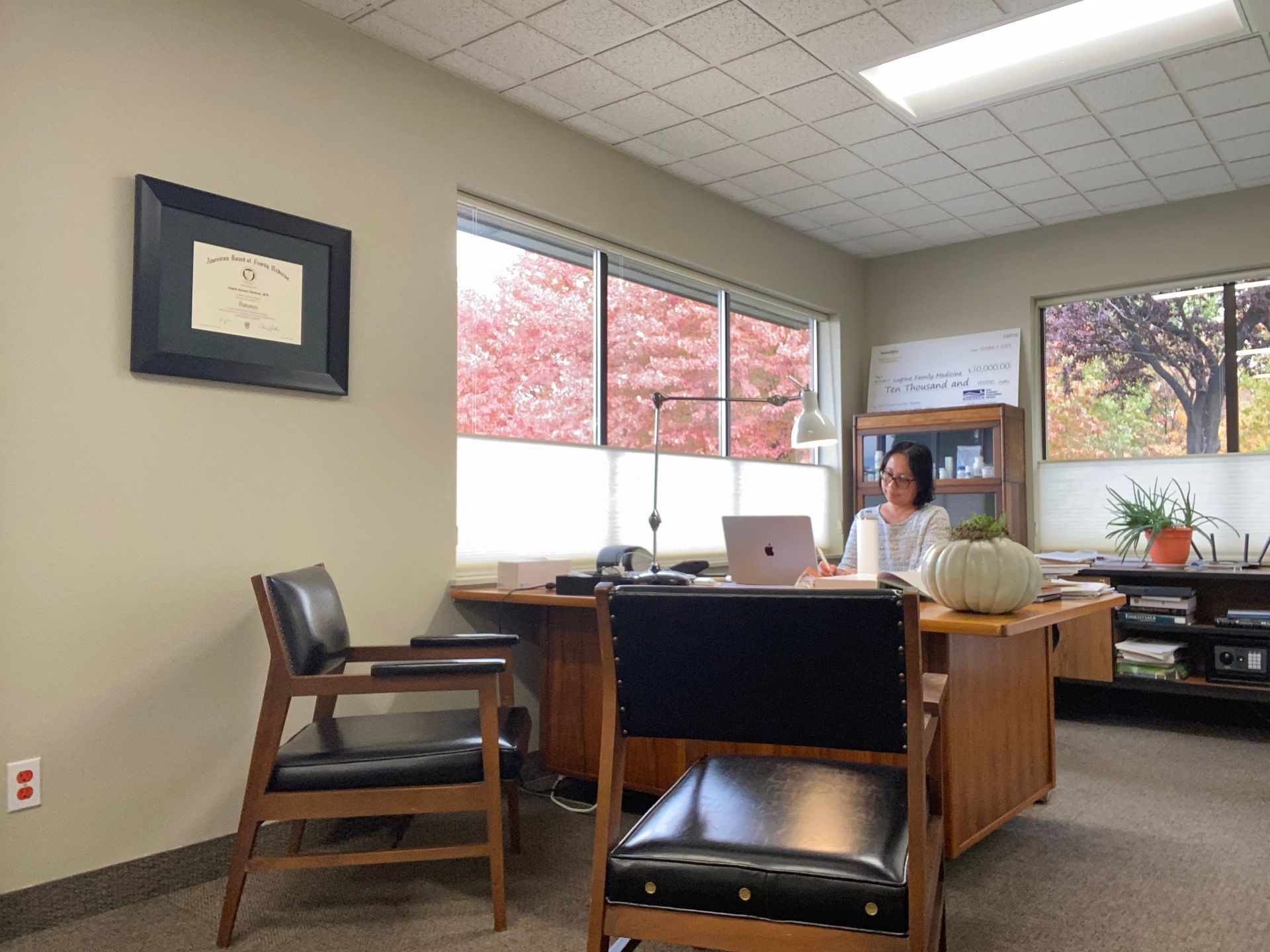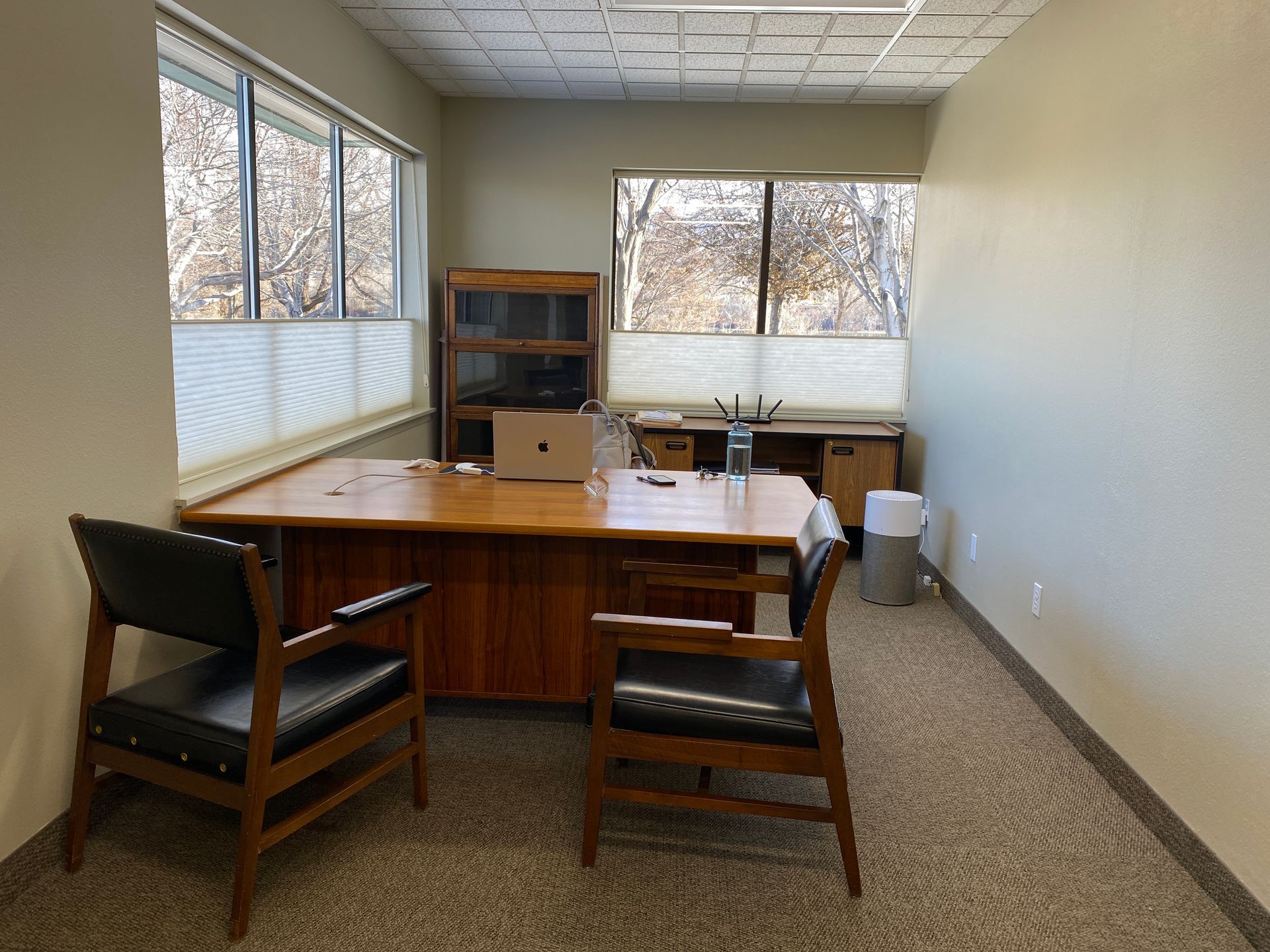7. Antidote
Light cannot see inside things.
That is what the dark is for:
Minding the interior,
Nurturing the draw of growth
Through places where death
In its own way turns into life.
~John O’Donohue - To Bless the Space Between Us
Dear Reader,
Based on my last blog post, that is if you read it, it may seem that I am anti-insurance. That is not true, though.
As someone who has gone through breast cancer treatment (surprise diagnosis 2019 while I was training for my first marathon), I am deeply appreciative of the health insurance we have through my husband’s work.
(TL:DR - paying for health insurance to pay for mundane health issues is causing a HUGE problem! No surprise - antidote?)
I definitely recommend having health insurance! Just like our home and car insurances, it’s obviously helpful in case there are emergencies or life-threatening illnesses like cancer or cardiac arrhythmia.
Apart from that, most people are probably like me - we avoid going to the doctor unless we absolutely have to, or if we take our responsibility to our health seriously, we go when we need to have health maintenance checks, preventative screening and minor symptoms that may eventually become a problem.
Much like a car, we need a regular check up. Some cars chronically leak oil like some people have chronic diseases like high blood pressure or diabetes or chronic pain. So a lot of times, some cars need to see their mechanic at least 2-5x a year for these things along with maintenance checks and we all pay the mechanic directly and we do not ask our car insurance to get involved. (And this is where we end the car metaphor because unlike my husband, I have no idea what fixing a car entails).
But unlike a car, when we need a doctor’s visit for minor dings like a laceration or a wart or routine maintenance and check ups for chronic diseases (non-emergency type health care), it has been ingrained in our health care system that we ask our health insurance companies as a third party payer for these types of visits.
Why is this a rule? And is it beneficial? To whom? Does it make sense?
Does it cause enough problems that perhaps we should rethink it?
What I have experienced as a family physician in this system is this: health insurance companies basically tell patients which clinic/doctor to go to, what pharmacy and what medication they should have and which specialist they can go to IF approved. They also tell physicians that patients need such and such a medication before another medication is covered or must do this thing first before another test can be ordered.
Health insurance companies also dictate how much they will pay for each visit, each medication or procedure. None of the doctors dictate this. In fact, when I was at my regular job, I never had any idea how much any of the visits, tests I ordered or procedures I have done.
No doctor has ever said: hey, let’s charge this patient a $20 copay each time they are seen, and oh, please send them a bill 3 months later for the 20% that they owed plus the deductible and make it so that it’s hard to figure out what all the charges are for.
If lucky, the patient will have a nice health insurance through their work and their maximum out of pocket expenses will be affordable enough.
But because we depend on third party payers for primary care, costs have gone up to a range that is both illogical, complicated and unaffordable. For example, a regular 15- minute doctor’s visit is averaging $100-400 without insurance. If you want to discuss your back pain along with your high blood pressure, weight and depression, it may go upwards to $400-500 for a 45 minute visit if your doctor can spare the time. Why are prices going up?
The answer is another long blog post but a sort of snarky but probably true answer is this: insurance companies and hospital administrators need more administrators to keep billing each other and more administrators to tell patients and doctors what to do to keep the process standardized and streamlined with the aim of reducing costs and making a profit!
Because clinics have had to battle insurance companies on being paid for these visits, they’ve had to raise the price or cut lose the insurance company and so then patients are left scrambling because their health plan no longer contracts with that clinic and thus are told their doctor no longer accepts their insurance.
What is the solution? At a minimum, what going through a pandemic as a society should have taught us is that there are never standardized, simplistic solutions to challenges that arise in which the outcome is greatly tied to personal responsibility, luck and privilege.
When I was a young, idealistic medical student - I would say - yes, universal health care will fix ALL the problems.
What I can say now is that I do not think it is that simple.
What I would say is we ought to have universal coverage for emergencies/life-sustaining specialty care, much like we have an awesome fire department if our house is ever on fire. (Holy smokes, this happens a lot in Wenatchee!)
But for the everyday, mundane things (PRIMARY CARE) - like an oil change for a car - should we rely fully on third party payers? I don’t think it’s working that well for the patient or the primary care doctor (unless they have really good boundaries or don’t care much). It just doesn’t seem right to collectively rely on corporations for issues that require personal responsibility, honesty and autonomy: health care.
Right now, what’s become glaringly obvious is there are not enough primary care doctors to go around so they are basically being replaced by NPs/PAs who are also getting burned out. Meanwhile, patients are unable to get their health maintenance visits and are scrambling to get their refills or just get checked for minor ailments before they become life-threatening. Or they end up doing DIY medicine and gimmicks from Dr. TikTok. At the same time, many companies and private equity funds are mining the chaos this causes with millions of dollars because a broken system causes a LOT of profit. And no way they will want this fixed. For more info - see the Shkreli Awards from the Lown Institute - the top ten list of the worst examples of profiteering and dysfunction in healthcare.
Is there a solution? There are tiny solutions that all need to happen and it begins with the patient and behavioral change. (We are all patients and the best offense is a good defense). Some of this: eat right, reduce intake of processed foods, exercise, reduce nicotine, alcohol and other substance use, exercise more. Be civil and respectful to each other (it causes a lot of unnecessary stress not to be). Make sure you have adequate health maintenance visits with your primary care doctor and avoid gimmicks and misinformation. Consider a high deductible health plan and health savings accounts to manage your health care bills. Disclaimer: I barely know anything about business, accounting or health economics. Please don’t take financial advice from me. There are other solutions - probably right under our noses. Right now, I truly think independent medical practices that nearly went instinct are making a come back because I think they are part of the solution.
In any case, that is why I am here. I had the choice to return to this disarray and actually have a very profitable, comfortable career and retire at 50 with loads of money. It is extremely easy for physicians to make money - just keep the current system going.
But instead, I am choosing to start my own practice that does not depend on health insurance companies: direct primary care. Not because I am overflowing in virtue. See my previous blog posts as to the big reasons why.
I thank you for your consideration of this letter. I would love to hear responses about any of the posts here, so please email me comments and also send blog post ideas to hello@lupinemd.com.
Sincerely,
Dr. Hendrick










